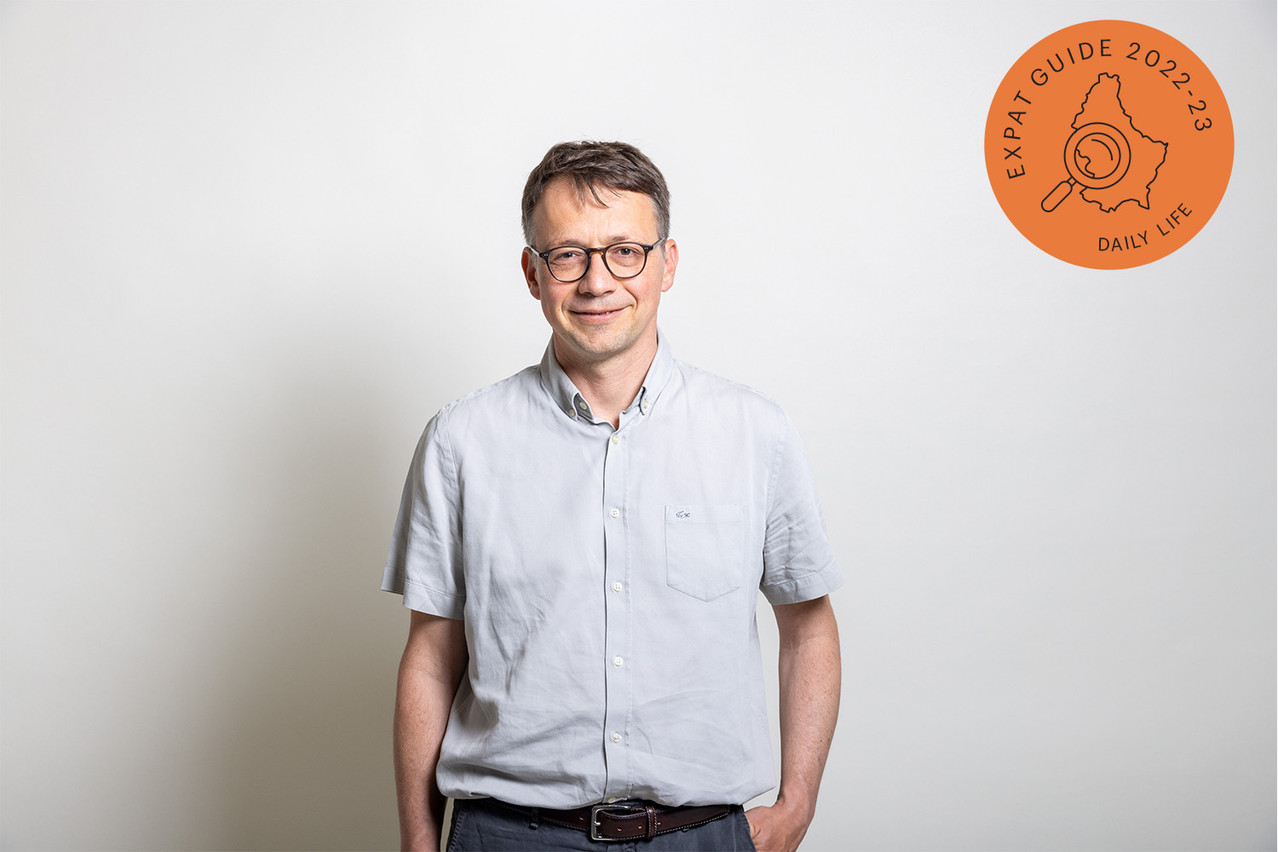Tracy Heindrichs: Luxembourg has three official languages, but according to the government, 80% of residents speak English. Could you just speak English and get by in Luxembourg?
Erik Goerens: I think that the languages you need really depend on your sector. Some sectors, like banking, [use] mainly English. There you’d probably get by without French or Luxembourgish. But for jobs in the service industry, it’s not really possible to work without French and Luxembourgish.
Is there a benefit to picking up the national languages for private usage?
That depends on how much you want to integrate into society here. Of course, if you want to get more closely involved in the local culture, sooner or later you’ll have to learn Luxembourgish to understand what everyone says and to express yourself verbally.
What resources are there for a newcomer who doesn’t know where to start?
What language you pick is a personal decision that can be taken due to professional constraints. We [at the service] can help guide newcomers, but their employer will usually tell them what they would like them to learn. And then, in terms of private life, it depends on where you want to go. I mean, that’s what’s so fun about Luxembourg: you always have the opportunity to speak several languages or a selection of languages with people. But it remains a personal decision.
How do you help newcomers select the right course for their needs?
One option is to come to the Maison de l’Orientation in Luxembourg City. Anyone can visit the place. It used to be just for young people, but now there is also a counter for adults, where they can receive advice depending on what needs and experience they [have]. We then give them advice and then show them what the best options are for them.
What would you tell someone to motivate them to join an adult language course?
Well, there is the pedagogical aspect, but then you also have additional effects of being around like-minded people who are also working to learn that language. That helps to motivate. We’ve also noticed in our classes that often people also come to meet new people. It’s a nice framework for socialising, the conversations are different from those at work. Many people enjoy that.
Your slogan is ‘It’s never too late to learn’. Where does the challenge lie for an adult who has to study again?
For many people, when they learn a language, it’s difficult to express themselves. If you find a framework where you’re forced to speak the language, you’re learning because it’s not possible to navigate the framework otherwise--then you’ll learn. In Luxembourg, we tend to switch to the language of the other person if they are having trouble expressing themselves in Luxembourgish. That’s maybe one of the difficult points.
Are there any other things you would recommend to those who just arrived in the grand duchy?
Yes, there is the Université Populaire, which offers many language courses, but also courses about the Luxembourgish culture and other things, like cooking, sewing… This is also great for expats or for accompanying spouses. Often, when an expat couple moves to Luxembourg, one of them has a job, and the other one doesn’t. So, if they want to look for a job, they can see if they can have their diploma validated through these courses. It can also be a good contact point with the outside world if they are a stay-at-home parent.
For more information about learning opportunities, follow this .
